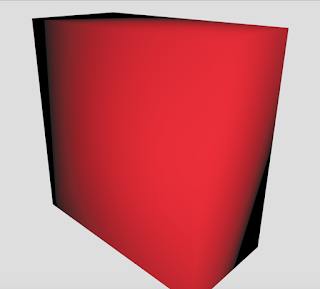
Self Assess on my 5 Key Competencies and He Tikanga Whakaaro’s in my teaching and leadership practice
Strengths
Applying authentic contexts for the children such as the sea providing talks from local speakers such as Poor Knights speaker Kimberly and a local sailor on Hauraki Gulf.
Thinking
Intellectual curiosity through mapping as inquiry - leading children to have an authentic voice in their learning.
Using Language symbols and texts
effectively use ICT
Managing self
“can do attitude through daily tasks in the daily 5 reading programme which promotes independence and choice making.
Relating to others
Listen actively - use the daily 5 as taught in Incredible Years programme
Special character in corporated in idea of how their words and actions effect others.
Participating and contributing
actively involved in communities through acts of service, eco choices like clean up times.
and weaknesses
need to effectively use ICT more for modern day learners and provide opportunities to do so more in and out of class.
Thinking
shaping actions, or constructing knowledge
Managing self
reliable, and resilient.
Relating to others
need more opportunities for triadic groups not only in mathematics time, think pair share more readily.
Participating and contributing
By working effectively together, they can come up with new approaches, ideas, and ways of thinking.
School structures made by teachers tend to dominate this process, allow more thought to come from children in junior school on better ways to have clean up for example.
More global approaches used
Tātaritanga (thinking and making meaning)
Oral talk in class rather than dictated to - using oral language as an effective learning tool rather than just having teacher as source of all knowledge.
Rangatiratanga (personal autonomy and leadership)
Prayer monitors and helping hands set up
Triadic learning groups in maths etc.
●
Whakawhanaungatanga (establishing relationships)
Through kawakawa cream making with local iwi and knowledge of Maori medicine.
understanding of how to make and the kaupapa associated with it.
●
Relating to others - Manaakitanga (a context of caring relationships)
Nativity play links with whanau to perform with extended whanau and whanau.
In class relationships formed positively
Friendships formed.
●
Participating and contributing
worm farms and eco friendly lunches
making honey wraps for linking to the positive relationship with teh land.
●
Whaiwāhitanga (engagement and participation).


